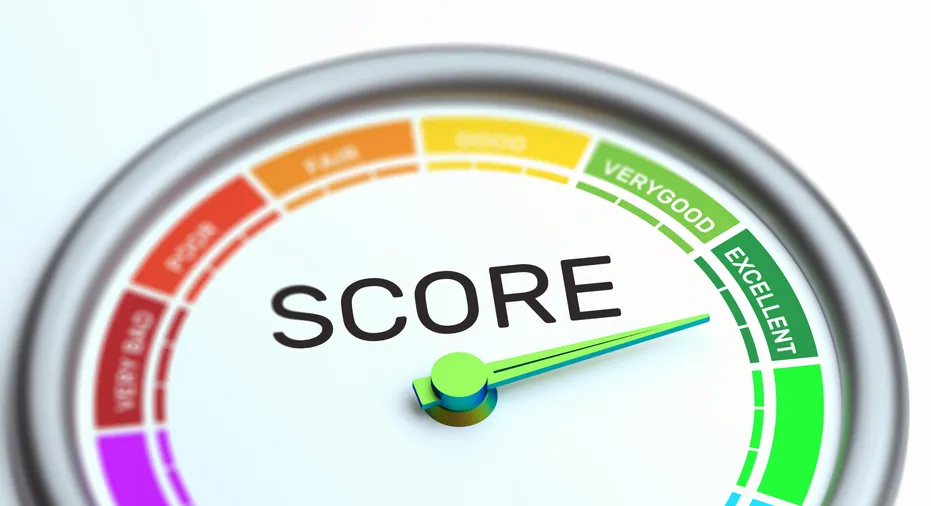Do you know your numbers? When it comes to finances, people often spend more time researching what they will purchase with their money than they do gaining financial clarity and planning their financial life. Interestingly, the less time we spend on money and planning, the more space it can occupy in our life, often leading to more financial questions and more worry. Will I have enough to retire one day? How will I fund my child’s education? Do I have enough money saved for financial emergencies? Ironically, planning for the future can actually help you to live more in the present and knowing some key numbers can help.
You might be surprised at the number of people that do not know how much they actually earn? Unfortunately, it is difficult to know how much you can afford to spend and save without knowing how much you earn. Also, it is important to make a distinction between your gross income and your net income. Your net income is the “real” income that is available to spend after taxes, deductions, health care expenses and 401(k) savings. Too often, we plan our spending around a fictitious gross income number that is higher, leading us to spend money we don’t even really have available to us. Remember, it’s not what you make but what you keep that counts. Failing to understand your “real” income number also can lead to spending money that should have been earmarked for savings goals. Clarity in this area can help empower you to make better financial choices, especially during uncertain times.
Break-Even Point
One of the most useful ways to approach your personal finances is to treat them as though they are not personal at all — consider managing your finances like a business. One important number that most business owners are aware of is their break-even point. Your break-even point is the amount of income you need to equal your spending. One of the most effective tools for shedding light on your break-even point is your budget. While the word budget alone can lead some people to feel anxious, the exercise can be painless when approached properly. Interactive online budgeting tools or apps like www.Mint.com can help provide a framework for listing income, expenses, and for determining your household profit or loss. Becoming aware of exactly how much you are spending can be an eye-opening experience that lays the foundation for reducing unnecessary expenses that can be applied toward other financial goals.
Countless investment firms talk about the pursuit of financial freedom, a concept defined as having sufficient assets and income to maintain your lifestyle independent of employment. However, according to the Certified Financial Planner Board of Standards, only 31 percent of Americans have completed a comprehensive financial plan that includes retirement, tax, estate, investment and cash reserves. One important cornerstone of financial planning is to understand when you no longer have to work out of necessity. Are you aware of the maximum amount that can be spent each year in retirement under different scenarios? How much more can you spend if you delay retirement and how much less can you spend if you accelerate retirement to an earlier date? Too often, people choose to delay retirement without ever having complete data to make their decision. How can you know when you can retire without fully knowing the impact of varying retirement dates, risk levels, expenses and plans for possible relocation? Gaining clarity on the maximum amount that can be spent is a great way to understand the impact of decisions before you make them, ultimately enabling you to choose a path that is in alignment with your goals in life.
Your Credit
A solid credit score is essential as you navigate through your financial life (especially when interest rates are rising) and many Americans fail to monitor their scores over time. From obtaining mortgages, auto loans and credit cards to background checks from a potential employer or landlord, your FICO score can have far-reaching effects on your ability to pursue your goals. According to www.myfico.com, the criteria that account for your score are as follows: payment history (35 percent), amounts owed (30 percent), length of credit history (15 percent), new credit requested/inquiries (10 percent), and type of credit used (10 percent). Once you know your score and understand the variables that can impact it, you are ready to work on improving it.
While improving your credit may take time, there are a few strategies that you can implement now that may lead to improved scores. First, be sure to check your report at least annually. This is especially important because of the credit breaches that seem to occur more regularly today. As a result, you may also want to consider actively monitoring your credit or freezing it all together. Consider sites and apps like www.creditkarma.com which offer free reports and tools that can help. Also, check your report for errors and be prepared to dispute any that you find. You might even notice that you have more outstanding credit cards than you thought. Next, consider setting up payment reminders or automatic billing. Leveraging technology to systematize the process of making payments can be a great way to ensure you do not miss any payments. Finally, develop a game plan to reduce the amount of outstanding debt. While this is easier said than done, developing a budget that includes a payment plan to pay off higher interest debt can help.
It is incredibly difficult to plan without complete information. Unfortunately, many people approach their financial lives this way. Having a clear understanding of your numbers can help improve your ability to plan and focus on the things that really have meaning in your life. Since everyone’s circumstances are unique, consider speaking to your adviser to determine the most appropriate approach for you.
Kurt J. Rossi, MBA, CFP®, CRPC®, AIF® is a CERTIFIED FINANCIAL PLANNERtm Practitioner & Wealth Advisor. He can be reached for questions at 732-280-7550, kurt.rossi@Independentwm.com, www.bringyourfinancestolife.com & www.Independentwm.com. LPL Financial Member FINRA/SIPC.













